
Selective registration that is available until 1 September, 23:59 (AoE). Notifications will be sent on 4 September.
| Ticket | Early Bird Price |
|---|---|
| Student | 250 PLN |
| Regular | 350 PLN |
First-come-first-served registration, which starts 14 September, 18:00 CEST (GMT+2) and last until all tickets are sold out.
| Ticket | Regular Price |
|---|---|
| Student | 350 PLN |
| Regular | 700 PLN |
First-come-first-served registration for tutorials. Starts 18 October, 18:00 CEST (GMT+2). Selected tutorials are free of charge.
| Ticket | Price |
|---|---|
| Student | 50 PLN |
| Regular | 100 PLN |
ML in PL Conference 2023 is the 7th edition of an annual conference focused on the best of Machine Learning both in academia and in business. Join us and...
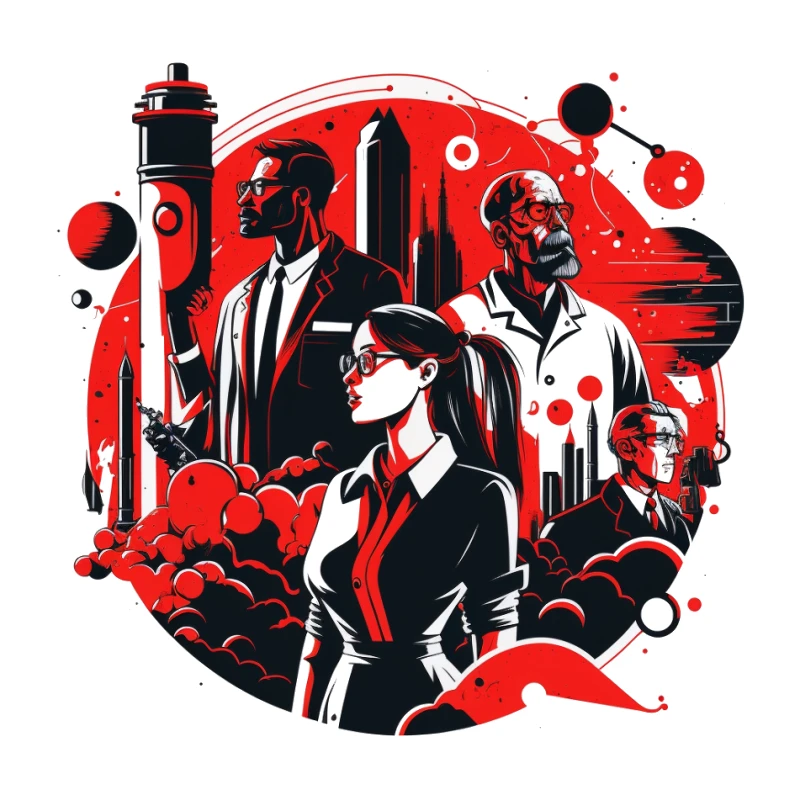
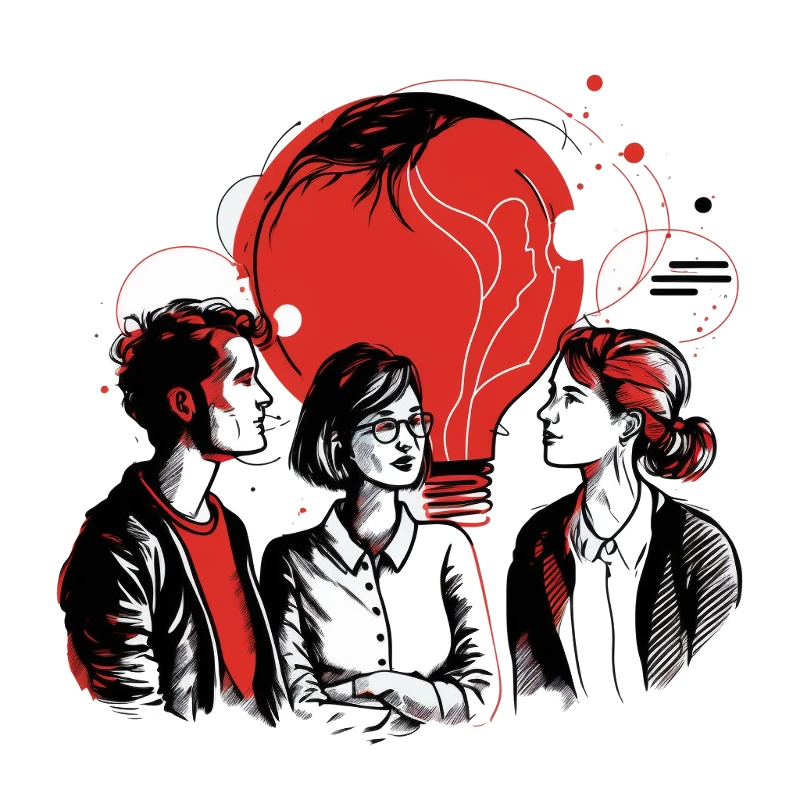
Attend a stellar lineup of keynote and invited lectures of internationally recognized researchers, learn about state-of-the-art, and get inspired.
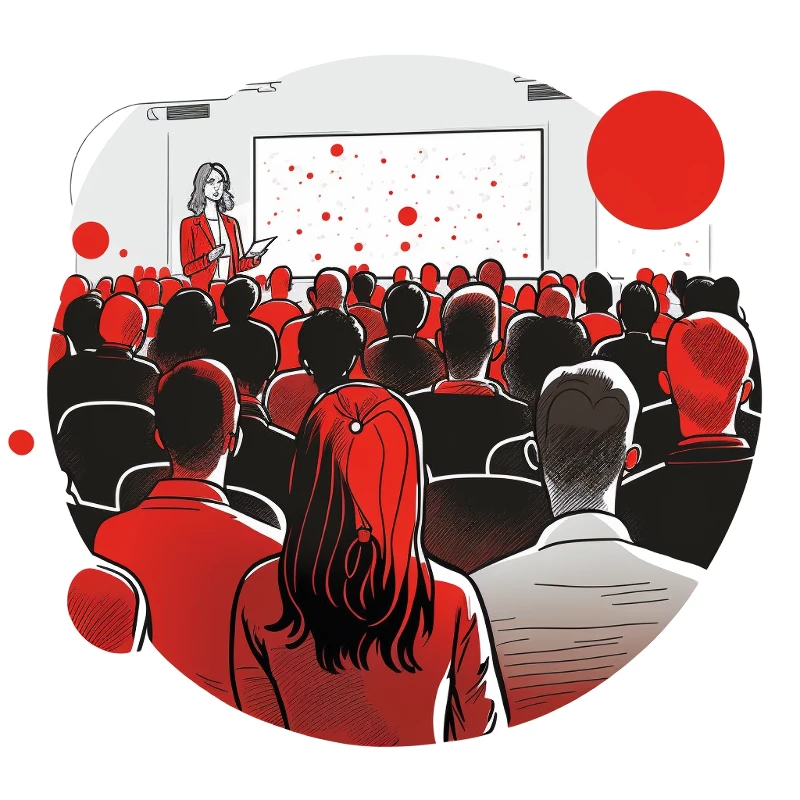
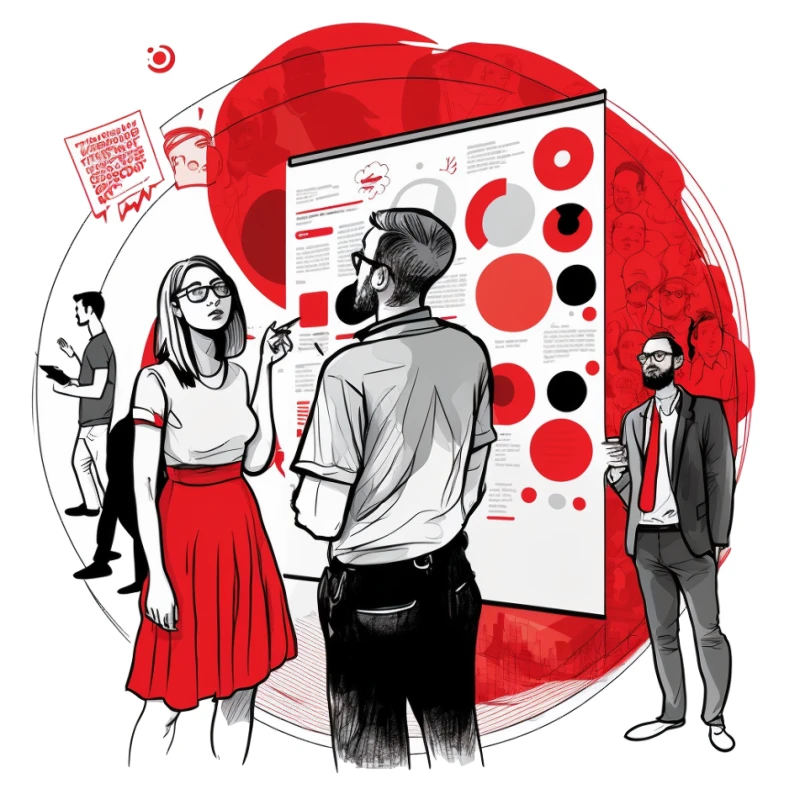
Take part in Call for Contributions and present your work as an engaging talk or as a captivating poster. All presenters get free entry to the conference.
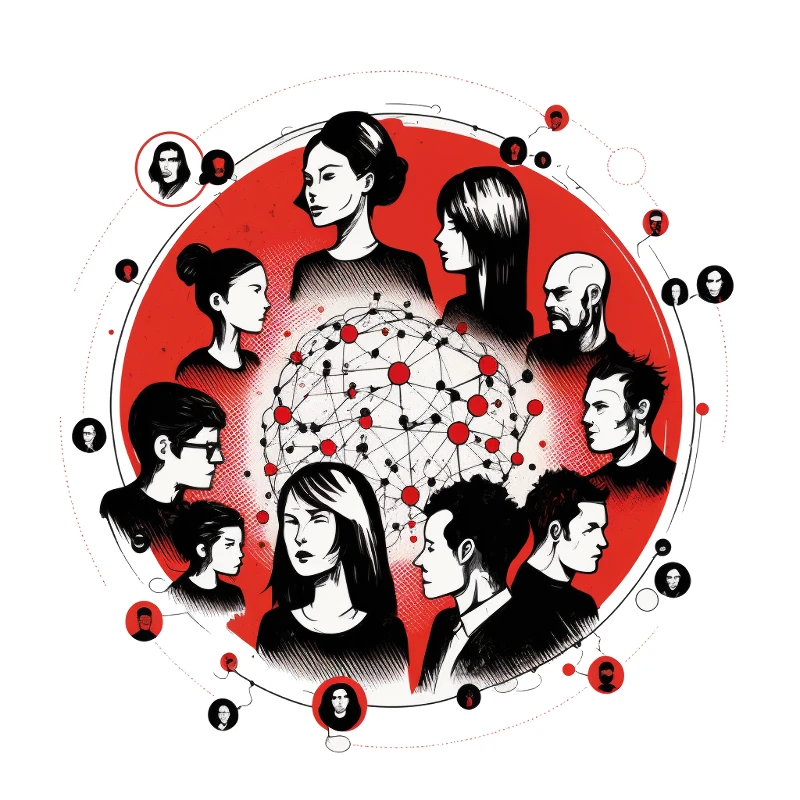
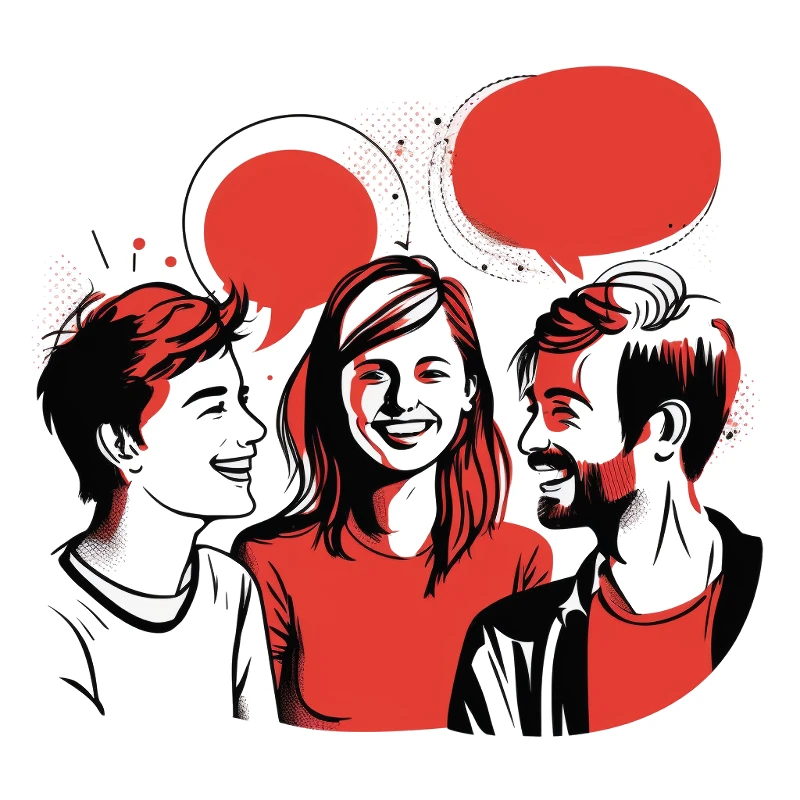
Experience a friendly and inclusive atmosphere. Engage in meaningful conversations and establish lasting connections with other machine learning enthusiasts.
We are excited to announce that this year, the main part of the conference will take place at the remarkable Copernicus Science Centre in Warsaw. Thanks to this change, we will be able to host more attendees and provide you with the best experience ever!
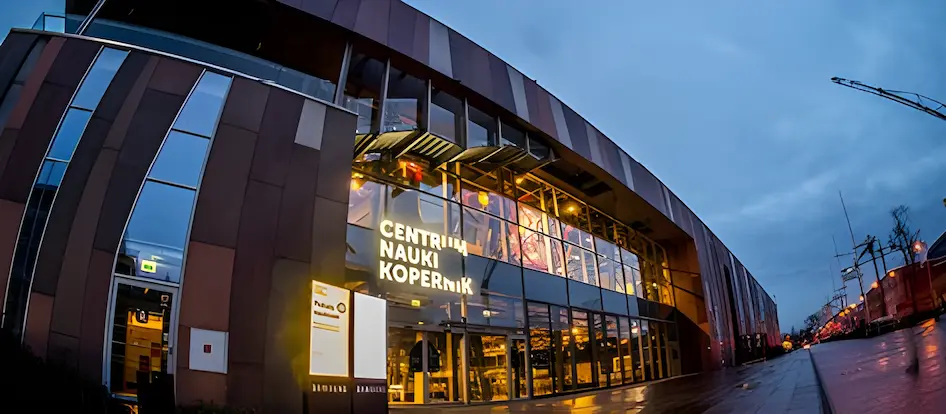
We were very excited to invite all to submit proposals for contributed talks and posters for ML in PL Conference 2023!
This year we accepted 24 talks, 63 posters and 6 tutorials that were presented during the main conference. A list of talks and posters (with slides and posters in pdf format) can be found in the full program of the conference. Results of the Best Contributed Talk and Poster Award can be found here.
A detailed description of the Call for Contribution can be found here, and Call for Tutorials here.
1 June
1 August
Start of Early Bird (selective) registration
20 August
Call for Tutorials submissions deadline
1 September, 23:59 (AoE)
Call for Contributions submissions deadline / End of Early Bird registration period
4 September
Early bird tickets acceptance notifications
7 September
Talks and posters acceptance notifications
14 September, 18:00 CEST (GMT+2)
Regular ticket sales start
26 - 29 October
ML in PL Conference 2023
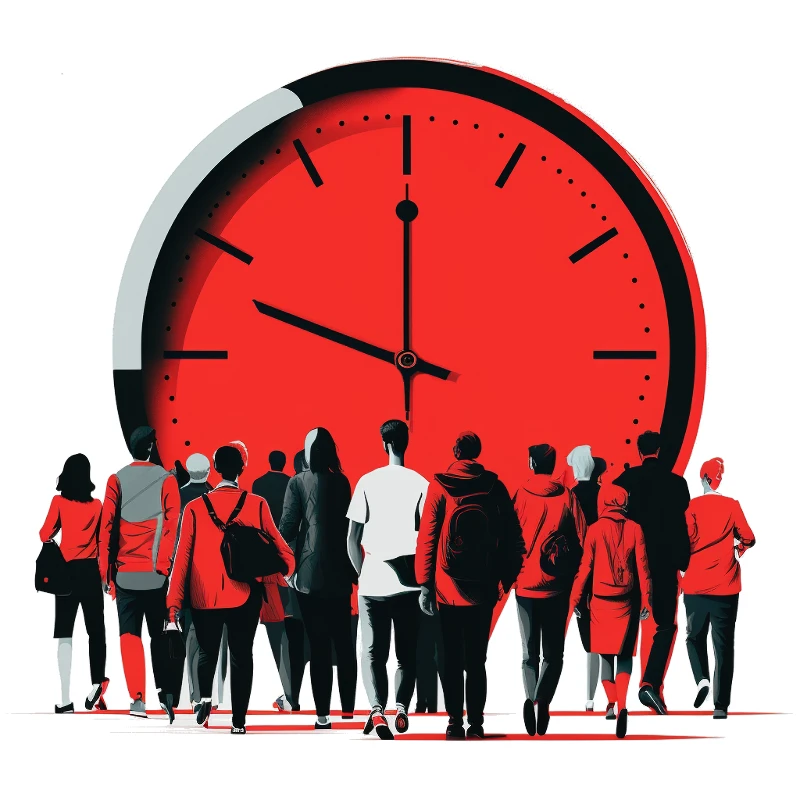
The conference is organized by a non-profit ML in PL Association. We are a group of young people who are determined to bring the best of Machine Learning to Central and Eastern Europe by creating a high-quality event for every ML enthusiast. Although we come from many different academic backgrounds, we are united by the common goal of spreading knowledge about the discipline.
Co-project Leader
Co-project Leader
Legal Team Coordinator
Finance Coordinator
Speakers Team Coordinator
Panel Team Coordinator
Finance Coordinator
Sponsors Coordinator
Marketing Coordinator
Visual Identity Coordinator
Call for Contributions Coordinator
Speakers Team Coordinator
Website / Infrastructure Team Coordinator
Premeetings Coordinator
Special Ops Coordinator
Sponsors Team
Marketing Team
Visual Identity Team
Speakers Team
Sponsors Team
Registration Team
Panel Team
Premeetings and Tutorials Team
Special Ops Team
Finance Team
Panel Team
Sponsors Team
Marketing Team
Registration Team
Speakers Team
Marketing Team
Special Ops Team
Website / Infrastructure Team
Sponsors Team
Registration Team
Call for Contributions Team
Special Ops Team
Panel Team
Finance Team
Premeetings and Tutorials Team
Sponsors Team
Call for Contributions Team
Call for Contributions Team
Website / Infrastructure Team
Special Ops Team
Website / Infrastructure Team
We have invited a group of outstanding researchers and entrepreneurs to serve on the scientific board of the conference. We consult the event's program with them to guarantee the best scientific level.
Warsaw University of Technology / University of Warsaw
Przemysław Biecek obtained his Ph.D. in Mathematical Statistics and MSc in Software Engineering at Wroclaw University of Science and Technology. He is currently working as an associate professor at the Faculty of Mathematics and Information Science, Warsaw University of Technology, and an Assistant Professor at the Faculty of Mathematics, Informatics and Mechanics, University of Warsaw.
University of Wrocław / Pathway
Jan Chorowski is an associate professor at Faculty of Mathematics and Computer Science at University of Wrocław. He received his M.Sc. degree in electrical engineering from Wrocław University of Technology and Ph.D. from University of Louisville. He has visited several research teams, including Google Brain, Microsoft Research and Yoshua Bengio's lab. His research interests are applications of neural networks to problems which are intuitive and easy for humans and difficult for machines, such as speech and natural language processing.
University of Warsaw / Nomagic
Marek Cygan is currently an associate professor at the University of Warsaw, leading a newly created Robot learning group, focused on robotic manipulation and computer vision. Additionally, CTO and co-founder of Nomagic, a startup delivering smart pick-and-place robots for intralogistics applications. Earlier doing research in various branches of algorithms, having an ERC Starting grant on the subject.
Yahoo Research
Prior to joining Yahoo Research Krzysztof Dembczyński was an Assistant Professor at Poznan University of Technology (PUT), Poland. He has received his PhD degree in 2009 and Habilitation degree in 2018, both from PUT. During his PhD studies he was mainly working on preference learning and boosting-based decision rule algorithms. During his postdoc at Marburg University, Germany, he has started working on multi-target prediction problems with the main focus on multi-label classification. Currently, his main scientific activity concerns extreme classification, i.e., classification problems with an extremely large number of labels. His articles has been published at the premier conferences (ICML, NeurIPS, ECML) and in the leading journals (JMLR, MLJ, DAMI) in the field of machine learning. As a co-author he won the best paper award at ECAI 2012 and at ACML 2015. He serves as an Area Chair for ICML, NeurIPS, and ICLR, and as an Action Editor for MLJ.
New York University
Krzysztof Geras is an associate professor at NYU School of Medicine and an affiliated faculty at NYU Center for Data Science. His main interests are in unsupervised learning with neural networks, model compression, transfer learning, evaluation of machine learning models and applications of these techniques to medical imaging. He previously completed a postdoc at NYU with Kyunghyun Cho, a PhD at the University of Edinburgh with Charles Sutton and an MSc as a visiting student at the University of Edinburgh with Amos Storkey. His BSc is from the University of Warsaw. He also completed industrial internships in Microsoft Research (Redmond and Bellevue), Amazon (Berlin) and J.P. Morgan (London).
Molecule.one
Stanislaw Jastrzebski serves as the CTO and Chief Scientist at Molecule.one, a biotech startup in the drug discovery space. He is passionate about improving the fundamental aspects of deep learning and applying it to automate scientific discovery. He completed his postdoctoral training at New York University in deep learning. His PhD thesis was based on work on foundations of deep learning done during research visits at MILA (with Yoshua Bengio) and the University of Edinburgh (with Amos Storkey). He received his PhD from Jagiellonian University, advised by Jacek Tabor. Beyond academia, he gained industrial experience at Google, Microsoft and Palantir. In his scientific work, he has published at leading machine learning venues (NeurIPS, ICLR, ICML, JMLR, Nature SR). He is also actively contributing to the machine learning community as an Area Chair (most recently NeurIPS '23) and as an Action Editor for TMLR. At Molecule.one, he leads technical teams working on software for synthesis planning based on deep learning, public data sources, and experiments from a highly automated laboratory.
Poznan University of Technology
Agnieszka Ławrynowicz is an associate professor of AI and an experienced researcher in combining machine learning with symbolic approaches such as knowledge graphs. She is passionate about her work and continually seeks new ways to apply her knowledge to help solve real-world problems. She has led and participated in many R&D projects, including research in computational food, digital humanities, and social good. She enjoys things that are simple to use but elegant and creative.
Google Brain
Henryk Michalewski obtained his Ph.D. in Mathematics and Habilitation in Computer Science from the University of Warsaw. Henryk spent a semester in the Fields Institute, was a postdoc at the Ben Gurion University in Beer-Sheva and a visiting professor in the École normale supérieure de Lyon. He was working on topology, determinacy of games, logic and automata. Then he turned his interests to more practical games and wrote two papers on Morpion Solitaire. Presenting these papers at the IJCAI conference in 2015 he met researchers from DeepMind and discovered the budding field of deep reinforcement learning. This resulted in a series of papers including Learning from memory of Atari 2600, Hierarchical Reinforcement Learning with Parameters, Distributed Deep Reinforcement Learning: Learn how to play Atari games in 21 minutes and Reinforcement Learning of Theorem Proving.
IDEAS NCBR / University of Warsaw
Piotr Miłoś is an associate professor in the Polish Academy of Sciences, a team leader at IDEAS NCBR and a member of the ELLIS Society. He is interested in methods that can deliver robust decision-making capabilities in complex scenarios. This covers many scenarios including continual learning, automated reasoning in mathematics, planning algorithms and sequential modelling.
NASK / Ministry of Digital Affairs Republic of Poland
Inez Okulska is the Head of the Department of Linguistic Engineering and Text Analysis at the NASK National Research Institute and Director of Innovaition & Tech Department at the Ministry of Digital Affairs Republic of Poland. After completing a colorful humanistic path (which included, among others, linguistics, comparative literary studies, cultural studies, philosophy), culminating in a doctorate in translation studies and a postdoctoral fellowship at Harvard University, she completed master's studies in automation and robotics at the WEiTI faculty of the Warsaw University of Technology. Scientifically interested in the semantic and pragmalinguistic potential of grammar, explores proprietary vector representations of text and their algebraic potential. She implements projects related to cybersecurity, primarily at the level of detection and classification of undesirable content. She was selected as one of Perspectywy Top100 WomenInAI in Poland.
DeepMind
Razvan Pascanu is a Research Scientist at Google DeepMind, London. He obtained a Ph.D. from the University of Montreal under the supervision of Yoshua Bengio. While in Montreal he was a core developer of Theano. Razvan is also one of the organizers of the Eastern European Summer School. He has a wide range of interests around deep learning including optimization, RNNs, meta-learning and graph neural networks.
DeepMind
Viorica Patraucean is a research scientist in DeepMind. She obtained her PhD from University of Toulouse on probabilistic models for low-level image processing. She then carried out postdoctoral work at Ecole Polytechnique Paris and University of Cambridge, on processing of images, videos, and point-clouds. Her main research interests revolve around efficient vision systems, with a focus on deep video models. She is one of the main organisers of EEML summer school and has served as program committee member for top Computer Vision and Machine Learning conferences.
IDEAS NCBR / University of Warsaw
Piotr Sankowski is a professor at the Institute of Informatics, University of Warsaw, where he received his habilitation in 2009 and where he received a doctorate in computer science in 2005. His research interest focuses on practical application of algorithms, ranging from economic applications, through learning data structures, to parallel algorithms for data science. In 2009, Piotr Sankowski received also a doctorate in physics in the field of solid state theory at the Polish Academy of Sciences. In 2010 he received ERC Starting Independent Researcher Grant, in 2015 ERC Proof of Concept Grant, and in 2017 ERC Consolidator Grant. He is a president of IDEAS NCBR – a research
University of Warsaw
Ewa Szczurek is an assistant professor at the Faculty of Mathematics, Informatics and Mechanics at the University of Warsaw. She holds two Master degrees, one from the Uppsala University, Sweden and one from the University of Warsaw, Poland. She finished PhD studies at the Max Planck Institute for Molecular Genetics in Berlin, Germany and conducted postdoctoral research at ETH Zurich, Switzerland. She now leads a research group focusing on machine learning and molecular biology, with most applications in computational oncology. Her group works mainly with probabilistic graphical models and deep learning, with a recent focus on variational autoencoders.
Jagiellonian University (GMUM)
Jacek Tabor in his scientific work deals with broadly understood machine learning, in particular with deep generative models. He is also a member of the GMUM group (gmum.net) aimed at popularization and development of machine learning methods in Cracow.
Warsaw University of Technology / Tooploox / Jagiellonian University
Tomasz Trzciński (DSc, WUT'20; PhD, EPFL'14; MSc, UPC/PoliTo'10) is an Associate Professor at Warsaw University of Technology, where he leads a Computer Vision Lab, and at Jagiellonian University of Cracow (GMUM). He is also a Computer Vision Group Leader at IDEAS NCBR, a publicly-funded Polish Center for AI. He was a Visiting Scholar at Stanford University in 2017 and at Nanyang Technological University in 2019. Previously, he worked at Google in 2013, Qualcomm in 2012 and Telefónica in 2010. He is an Associate Editor of IEEE Access and MDPI Electronics and frequently serves as a reviewer in major computer science conferences (CVPR, ICCV, ECCV, NeurIPS, ICML) and journals (TPAMI, IJCV, CVIU). He is a Senior Member of IEEE, member of ELLIS Society, member of the ALICE Collaboration at CERN and an expert of National Science Centre and Foundation for Polish Science. He is a Chief Scientist at Tooploox and a co-founder of Comixify, a technology startup focused on using machine learning algorithms for video editing.
If you have any question about the event don't hesitate to contact us by email or via our social media: